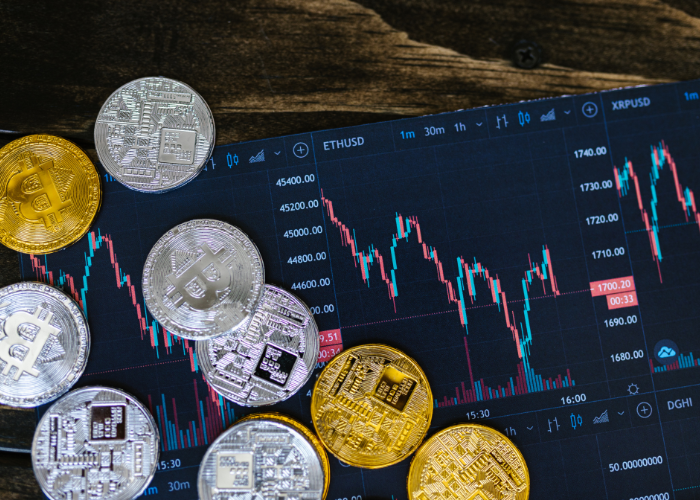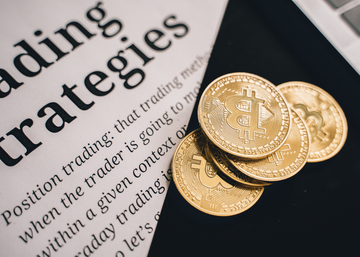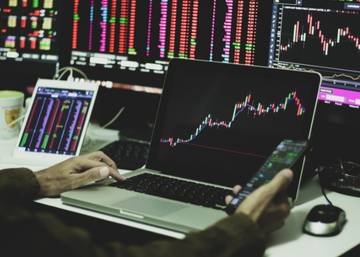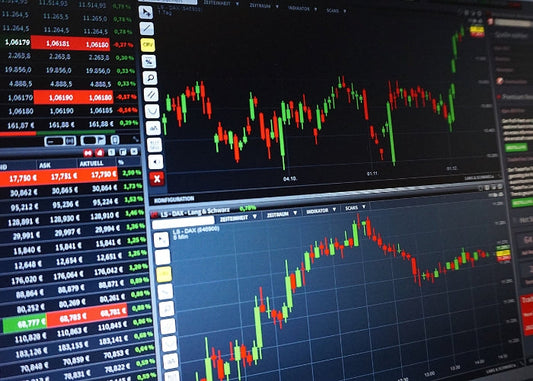What is a trading catalyst?

What is a catalyst?
A trading catalyst is anything that causes a market reaction. The most common catalysts come from the economic data. In fact, you may have seen countless times the market reacting to an economic report and sometimes the moves can be very large.
Types of catalysts
There are generally two types of catalysts: external and internal. An external catalyst is something that comes from outside the market like economic data, unscheduled reports, central bank decisions and speeches, geopolitical events, leaks, rumours, natural disasters, earnings announcements and so on.
An internal catalyst is something that comes from inside the market like squeezes, margin calls, clusters of stop losses getting hit, important technical levels getting breached and strong moves in certain markets spilling over to other markets.
The market can react in different ways to a catalyst and sometimes it can be confusing because it’s not a straightforward thing. How many times have you seen an economic data coming in better than expected but the relative currency for example after an initial spike reverses in the opposite direction? You may refer to this article to get a general idea on how to trade such events.
Questions to ask before trading a catalyst?
There are a few questions you should ask yourself when trading a catalyst:
· What market or markets are likely to be impacted by the catalyst?
· Does this new piece of information change the market’s expectations?
· Which direction the market is likely to take?
· How long will the market be affected by the catalyst?
A catalyst can impact more than one market since there’s an inherent interrelationship among asset classes. For example, a US inflation report can impact the USD, Treasury bonds, the stock market, some commodities and even foreign markets. The magnitude of the impact though can differ based on the prevailing expectations and market positioning.
In the bigger picture though, it all comes down to the business cycle. In fact, 90% of markets moves are tied to growth, inflation and interest rates. So, the markets generally interpret new information around those three drivers and shape the expectations accordingly. A negative piece of news in a bull market will be seen like a drop in the ocean unless it changes completely the future expectations.
Two ways to time the market
There are generally two ways to time the market: one is via technical analysis and the other is via catalysts. The biggest problem with technical analysis is that you don’t know what level may actually hold and therefore you may get stopped out many times before getting it right or you may not even get the chance to enter because the market just keeps going.
The second way is by using catalysts in line with your fundamental bias. In fact, a catalyst not only brings more volume but it also gives the market a reason to go into a certain direction. Traders can either execute their trades in line with the catalyst or fade the reaction and enter at better prices if they deem it wrong-footed.
कोई टिप्पणी नहीं
Home
Trive
TriveHub





0 टिप्पणियाँ